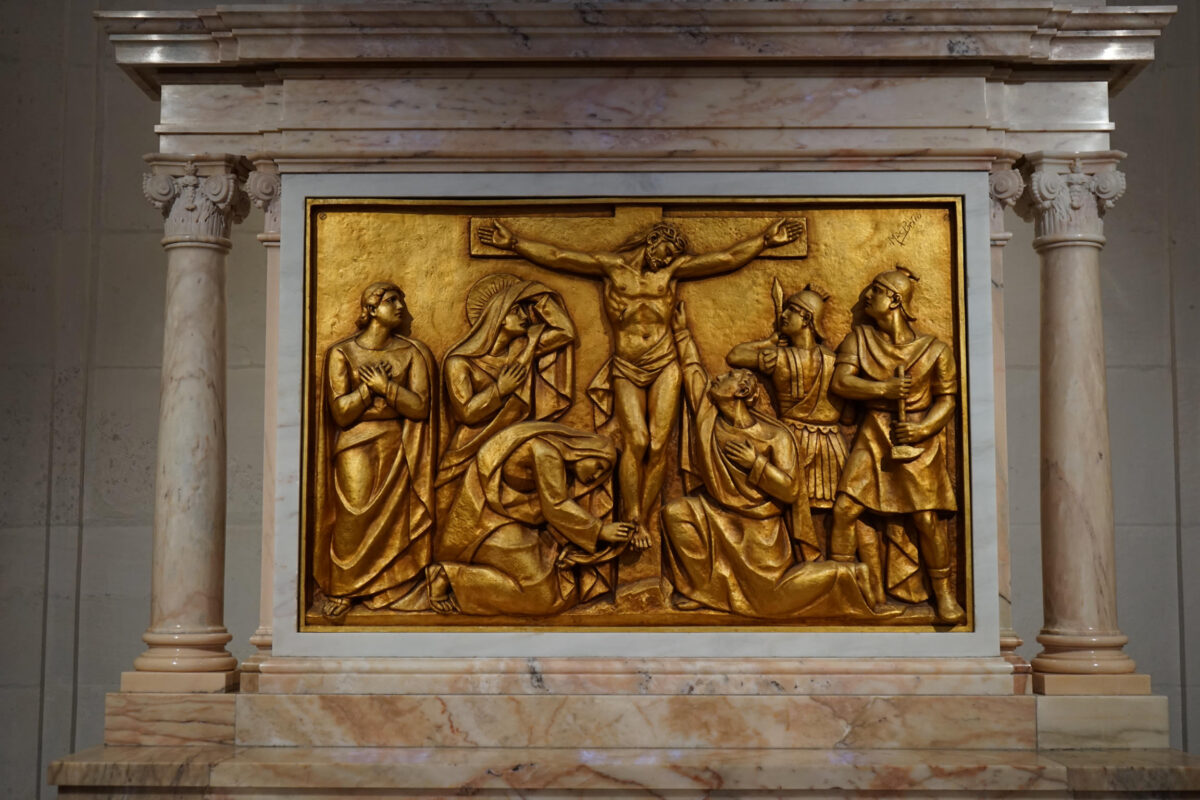A common motif in the art of the Middle Ages is that of people dancing with skeletons. This is known as the danse macabre, or dance of death, a manifestation of the common Christian idea of Tempus fugit, memento mori. These images of men and women of all social standings, and all ages, dancing joyfully in the bony clutches of skeletons are a reminder that no matter how much money you have, what your social background is, or how young or old you are, death is coming for you.
This reality is one that we all pretend to know. Anyone, when asked, admits that they will one day dance a lusty tarantella with the grim reaper, yet society as a whole frequently forgets this fact. Nowhere is this cultural amnesia more present than in the Problem of Evil.
For those who have never encountered the formal name for this before, the Problem of Evil is a philosophical argument that suggests that suffering, war, famine, disease, social inequality, and every other grave phenomenon presents an intellectual challenge to God’s all-loving nature, His omnipotence, or even his existence.
One of the problems with this argument is that all of the sufferings and hardships that one can highlight are intrinsically temporary. The worst cases of cancer, the most crippling drug addictions, the most troublesome marriages, and the deepest impoverishment will all “passeth away,” and the current bearers of these burdens will continue and “abideth for ever” (1 Jn 2:17 DRA). In a similar manner, the greatest joys, most sublime pleasures, and purest virtues are also temporary. To put this concept in a different turn of phrase, “Ashes to ashes and dust to dust.”
All suffering of the body and mind here on earth is inherently fleeting and thus provides no challenge to God’s love. If all is temporary and destined to pass away, then any problem we have, no matter how intense it may seem from our limited mortal perspective, pales in comparison to the eternal nature of heaven and hell. Our problems are serious, grievous, and heart-wrenching but in a hundred generations shall be forgotten with our names and all our works.
So, my brothers and sisters — my fellow pilgrims on the road to eternal life — when you next meet someone who bemoans suffering as proof of God’s indifference, who allows the problems of the world to overshadow all vision of the next, listen closely; in the distance, if you listen close enough, you can hear the music the sweet melodies of the dance macabre, a soft, constant reminder that all suffering is temporary and that death and judgment are the only enteral things that come for all.

